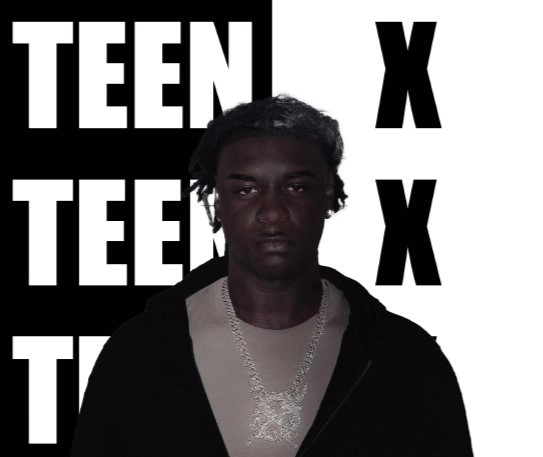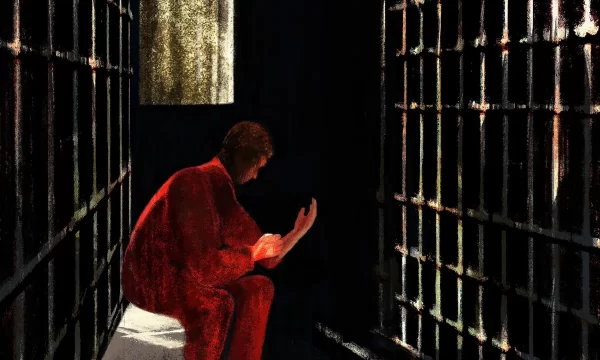U.S. States Consider Outlawing Sexting
“Sexting” may become a felony in the near future.
April 20, 2016
Sexting is the act of sending sexually explicit photos or text messages via a cell phone. This activity has become much more popular over the years, as cellular phones have become such an integral part of the daily lives of teenagers.
Bullying is in many ways facilitated through sexting, as explicit photos and texts are often released to the public for shaming. Parents sometimes even make the choice to move their students out of a town or school to help their children escape their past.
Many parents and officials are also concerned about the ability of sexual predators to solicit sexually explicit photos from minors. This is a legitimate concern of child pornography lawmakers and as such, most laws relating to sexting contain these issues.
Sophomore Aabhash Gautam voices his opinion of the bill by stating, “I think it’s sort of fair if you look at it because adults are trying to protect kids in a way, but at the same time with apps like Snapchat people believe that their pictures disappear within seconds; it’s a really widespread thing that happens.”
“I think if it’s being used harmfully against someone it should be illegal, obviously, but I don’t think that’s an issue with sexting itself; I think that’s more a cyberbullying crime… I don’t think that should be classified as sexting itself,” Aabhash said.
However, sexting occurs more often between two teens rather than a teen and an adult.
Aabhash provides support on the opposite side by saying, “I think there’s an argument for not making this illegal at all and just letting it happen because it’s sort of one of those unspoken things where it occurs and it’s technically legal but nobody actually sort of chases it.”
He continues, “I can see an argument for it becoming illegal from adults and other people who think they are trying to protect kids, but it ends up just being a hassle for the police force and everyone involved.”
Nineteen states have passed laws concerning teen sexting, while an additional 13 states are considering bills. The laws change from state to state. For example, Louisiana prohibits anyone from sending or receiving any explicit photos, while Texas allows sexting between minors of a two year age difference or less.
According to the National Conference of State Legislatures, California bills to regulate sexting among teens have not yet been passed. Recently, another bill has been placed under consideration where if a minor takes, sends or receives sexually explicit photos of another minor, they will be forced to partake in community service and counseling paid for by the offender’s parents.
Additionally, another bill is in process where if a teen is caught sexting in school, they will be expelled from school. Making sexting a felony actually affects many teens.
The National Campaign to Prevent Teen Pregnancy compiled statistics on the amount of teens who sext. According to them, “22% of all teens sext, 22% of teen girls, 18% of teen boys and 11% of teen girls ages 13-16.” The FBI reports that almost one in six teens ages 12 through 17 who own cellphones have sent or received nude or nearly naked photos of someone they know.
Anyone over 18 who texts explicit photos to a minor or explicit photos of a minor to someone else is also required to register as an official sex offender no matter their age, impacting them for the rest of their life.
In many districts in California, sexting is considered a child pornography case and as such, if an individual was sent to juvenile detention and turned 18 under confine, they would be sent to a real detention center.
Sophomore Justin Ferraro says, “I think people are still going to do it, but they will have a bigger price… I think it will change how often it gets done, but people are still gonna do it no matter what.”
Some students promote sexting as something that should remain without consequence, while others, with parent and lawmaker support, denounce it fervently. Laws regulating teen and adult to minor sexting may very well be a reality in the near future.


















